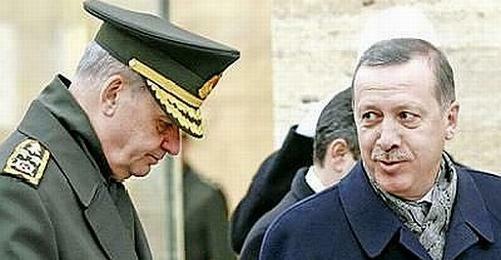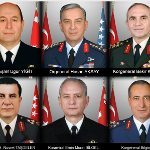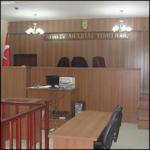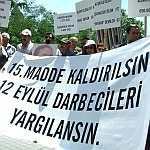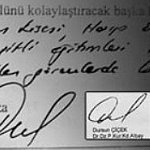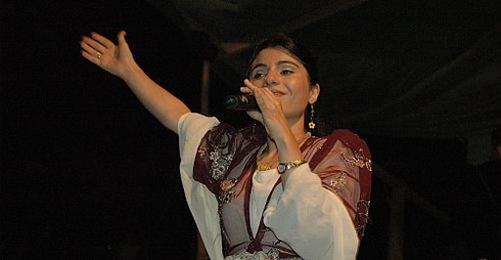Following the revelation of alleged plans by the military to bring the ruling Justice and Development Party (AKP) and the religious Gülen movement into disrepute, the AKP has gone to court.
Prof. Dr. Mithat Sancar, a law lecturer at Ankara University, has criticised this step, saying that the government could have taken more effective measures to investigate the allegations:
"Parliament should be involved"
"What has to happen first is for the parliament to act. The parliament could have asked for an investigation. However, in an interesting manner, the parliament is being kept out of it. If there is really a conspiracy against democracy, then the parliament has to included. There could have been at least a general meeting."
The academic believes that the General Staff will not carry out an objective investigation.
The AKP has gone to court in relation to the allegations brought forward by the daily Taraf newspaper. The allegations are based on papers that are said to have been confiscated during the search of the home of Dursun Çiçek, a suspected member of the clandestine ultranationalist Ergenekon organisation.
Prime Minister Recep Tayyip Erdoğan met with Chief of General Staff İlker Başbuğ, but there has been no statement made.
On Saturday, Başbuğ met with President Abdullah Gül for around an hour. This was their first meeting since the publication of the allegations ten days earlier.
"PM can investigate the army"
Sancar says that Erdoğan could make use of the Investigative Board Presidency (TKB), attached to the Prime Ministerial Office:
"It says clearly in the laws that the TKB has the authority to carry out or have carried out examinations of, research into, investigations of and reviews of all public institutions and organisations."
"As for the State Auditing Board, it is attached to the President's Office, and Article 108 of the constitution says clearly that this board is not entitled to audit the Turkish Armed Forces, which are explicitly excluded from its scope."
However, the lawyer pointed out that, according to Article 117 of the constitution, the General Staff was answerable to the Prime Minister: "That is why the PM is obliged to carry out the examinations there just like in the other institutions attached to his office."
Sancar argues that because the Turkish Armed Forces are a public institution, this article could be used: "There is no legal hurdele, but the reason this possibility is not exploited is that the Turkish Armed Forces are still a taboo."
"Never been investigated"
He explained this taboo as follows:
"The government or a civilian authority have never examined or investigated the Turkish Armed Forces. It is worth discussing why such a step has not been taken. At this stage attempts are being made to agree on a compromise with the forces or the General Staff and solve the problem in that way. By 'solving' I do not here mean shedding light on the issue, but preventing either side from being damaged.
The academic speculates that the government fears tensions arising between it and the army.
Military investigation will be biased
Meanwhile, he is also sceptic about the statements published by the General Staff:
"They may carry out an internal administrative investigatino. They say they will involve the military courts. In any case, this is a case for the courts, but the statements have not seemed convincing or sincere. There are many open questions. I do not understand, for instance, why they insist on the process being controlled by the military judiciary, whose neutrality is doubtful. Military prosecutors are part of a hierarchic structure and we thus cannot expect them to make proper decisions." (BÇ/AG)





